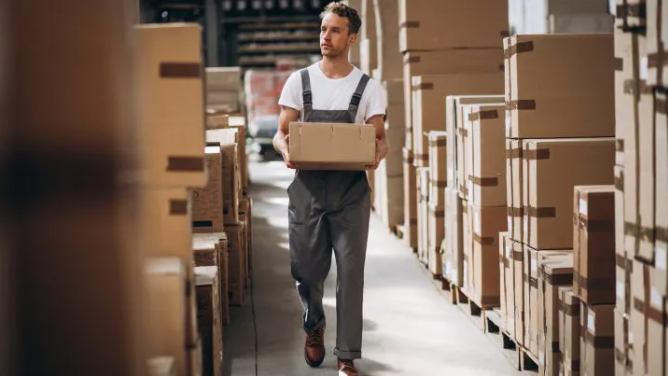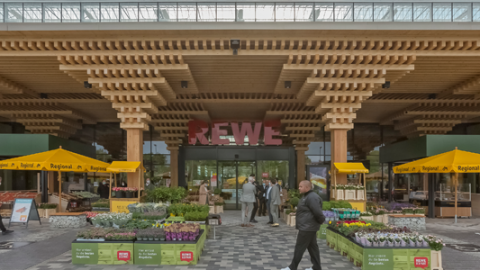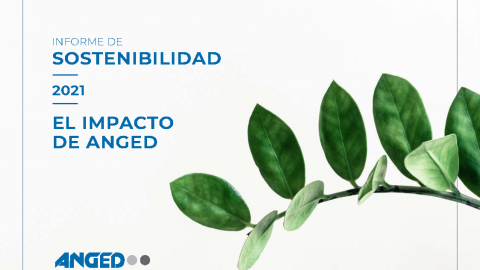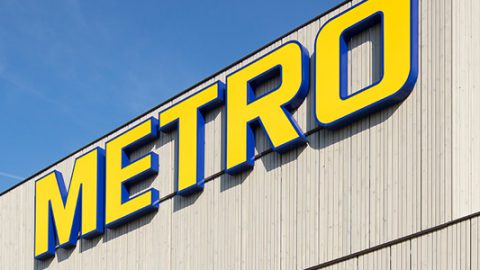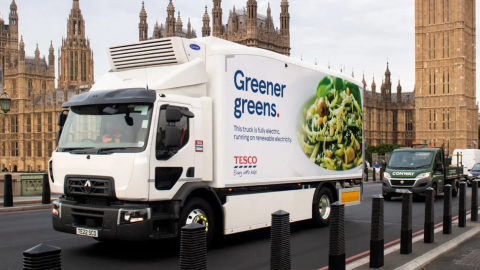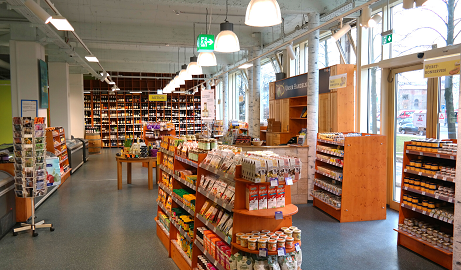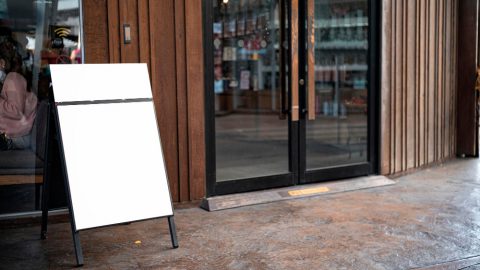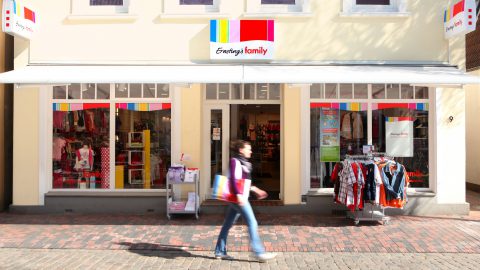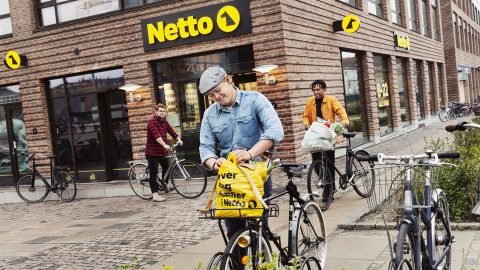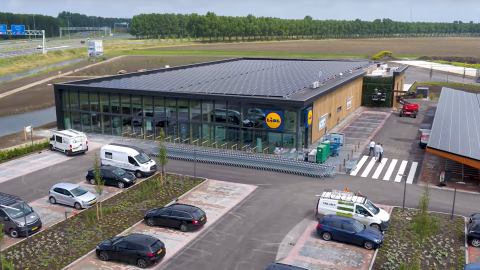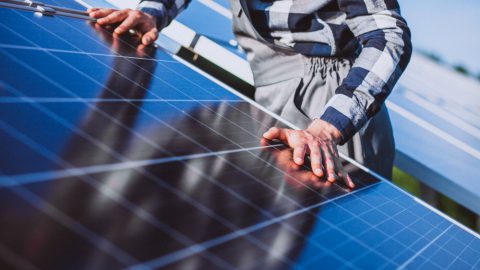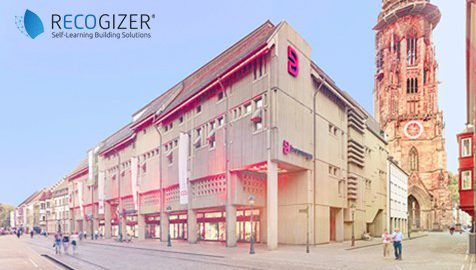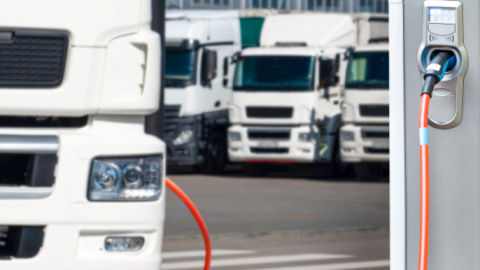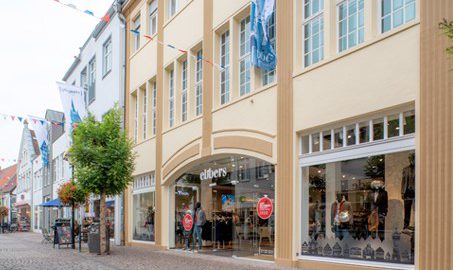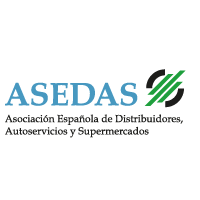HDE member, Ernsting’s family, aimed to make 95% of the entire branch portfolio energy efficient by 2020. Since 2007, the branches of Ernsting’s family in Germany and Austria have been equipped with the latest technical systems as part of every construction project. Heating, cooling, ventilation and lighting in around 1,500 of the more than 1,800 branches can be controlled centrally from the company headquarters. This is made possible by web-enabled controllers that act as an interface between the sales outlets and the head office and make practically all technical processes controllable via the Internet. Fixed parameters from system data and energy curves ensure automatic control of the room temperatures and the lighting in the branches. Times of day and seasons are taken into account, as are opening hours. Furthermore, the energy management system enables a future forecast of the individual energy consumption of a branch. To do this, the system evaluates consumption values from the past stored in the database and creates a forecast for energy consumption up to the end of the year. In this way, problematic consumption levels can be detected at an early stage and suitable measures can be initiated if necessary.

